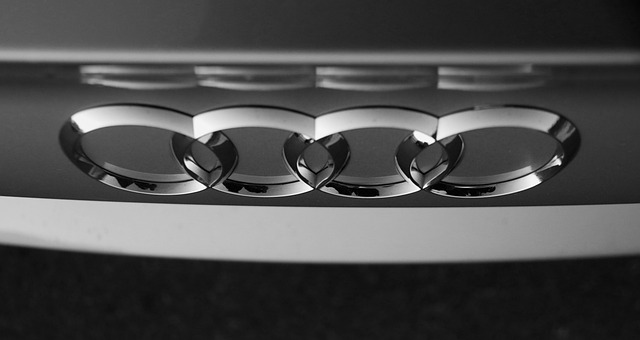“Unraveling the complexities of car finance compensation with our comprehensive guide on PCP Claims. This article is your ultimate resource for understanding and navigating PCP Claims in the UK. Learn about the intricate process, from initial PCP Claim submission to maximizing your reward. Discover practical tips and strategies that empower you to make informed decisions and secure the best outcome. By exploring these insights, we aim to simplify the often-misunderstood realm of PCP Claims, ensuring you’re equipped with the knowledge to succeed.”
- Understanding PCP Claims: A Comprehensive Guide
- The UK's PCP Claim Process: Step-by-Step
- Maximising Your Compensation: Tips and Strategies for PCP Claims
Understanding PCP Claims: A Comprehensive Guide

Understanding PCP Claims: A Comprehensive Guide
PCP claims, or Personal Contract Plan claims, are a crucial aspect of car finance in the UK. They provide a framework for owners to seek compensation when their vehicles suffer damage or require repair during the duration of their contract. This is particularly important for safeguarding your financial interests and ensuring you receive fair treatment from dealerships. A PCP claim can cover various scenarios, including accidental damage, mechanical failures, or even issues with the vehicle’s initial quality.
When navigating PCP claims, it’s essential to familiarize yourself with the terms and conditions of your contract. This includes understanding the process for filing a claim, the types of damages covered, and any exclusions. Many dealerships offer online portals or dedicated customer service teams to facilitate this process. In the UK, PCP claims are regulated, ensuring consumers have recourse if issues arise. By staying informed and knowing your rights, you can confidently manage any unexpected events related to your financed vehicle.
The UK's PCP Claim Process: Step-by-Step

The UK’s Personal Contract Purchase (PCP) Claim Process is designed to protect consumers who wish to recover costs associated with defective vehicles purchased under a PCP agreement. Here’s a step-by-step guide to navigating this process effectively.
1. Identify the Defect: The first step involves recognizing and documenting any issues or defects with your vehicle that were not present at the time of purchase. This could include mechanical failures, cosmetic damage, or misrepresented features. Keep detailed records, including photos and maintenance logs, to support your claim.
2. Inform Your Dealer: Contact your dealer to inform them about the issue(s). Many dealers have processes in place for handling PCP claims, so they can guide you on the next steps. They may offer to repair or replace the defective part, settle the claim out of court, or refer you to their insurance provider for further assistance.
3. Assess Legal Options: If the dealer is unwilling or unable to resolve the issue to your satisfaction, consider consulting a specialist lawyer who handles PCP claims. They can advise on your legal rights and help you understand the potential outcomes, including compensation or a repurchase agreement from the dealer.
4. Make a Formal Claim: Once you’ve gathered all necessary information and decided on a course of action, make a formal claim with your dealer or their insurer. Ensure that all communications are in writing to create a clear paper trail. This step is crucial for documenting your efforts to resolve the issue amicably.
5. Mediation and Arbitration: In many cases, PCP claims progress through mediation or arbitration rather than going to court. These processes offer a more cost-effective and faster alternative for resolving disputes. An independent third party assists in negotiating a settlement between you and the dealer or their insurer.
6. Seek Compensation: If successful in your claim, compensation can be awarded for various costs, including the repair or replacement of defective parts, vehicle depreciation caused by the defect, and any additional expenses incurred due to the issue. The amount will depend on the severity of the defect and the specific terms of your PCP agreement.
Maximising Your Compensation: Tips and Strategies for PCP Claims

When pursuing a PCP claim in the UK, maximising your compensation is key. Firstly, gather all relevant information and documents pertaining to your vehicle’s damage and repair costs. This includes invoices, estimates, and any communication with car finance providers or mechanics. Organise these meticulously as they will be crucial for supporting your claim.
Additionally, understand the value of your vehicle before and after the incident. Utilize online valuation tools and market research to determine the fair market price. This data will help you calculate the extent of loss and ensure you receive a fair pcp claim payout. Keep in mind that transparency and thorough documentation are essential for a successful PCP claim.
In conclusion, navigating PCP claims in the UK involves understanding the process, maximising compensation potential, and employing strategic tips. By familiarising yourself with PCP claims and following the step-by-step guide provided, you can ensure a smoother journey towards securing the rightful compensation for your vehicle repairs. Remember, knowledge is power when it comes to PCP claims, UK drivers can make informed decisions and protect their financial interests.
